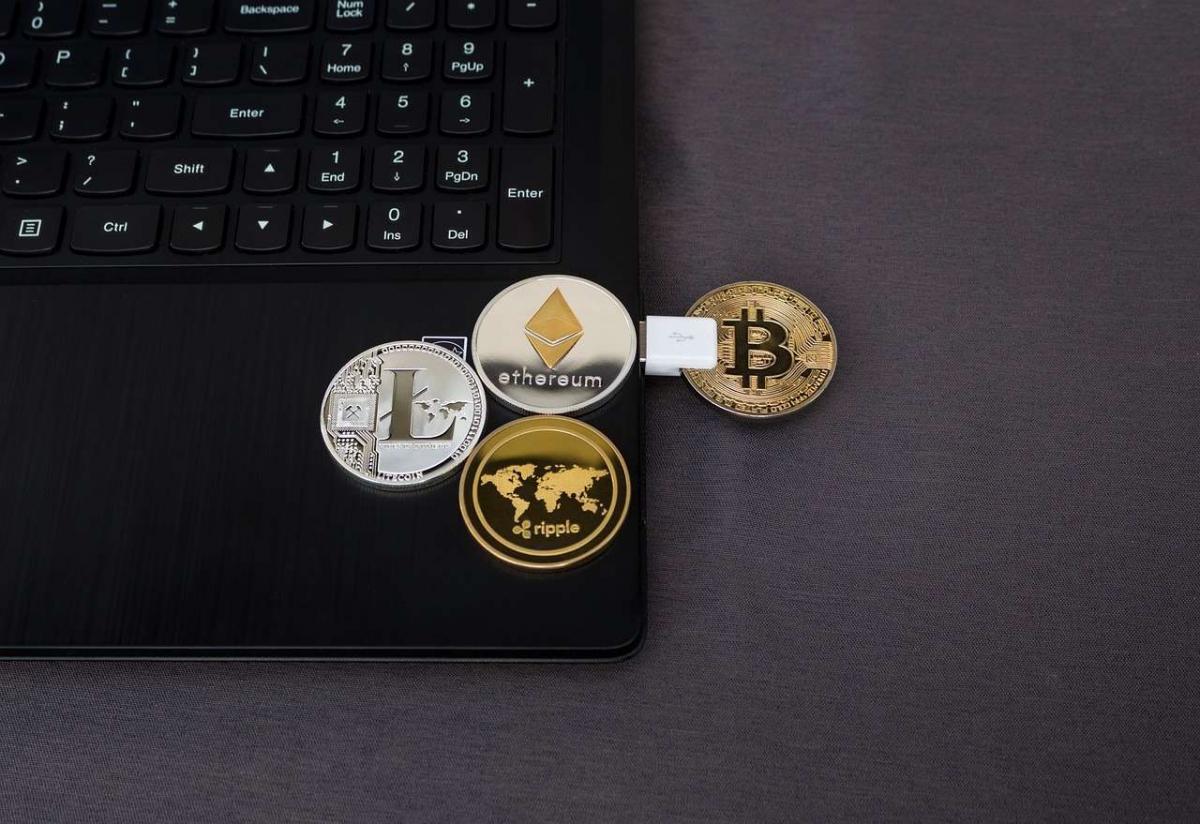Do investors arbitrage cryptocurrencies? Two recent studies offer a “yes” answer, though they in certain other respects differ significantly in their conclusions. Specifically, one study shows that in one respect arbitrage has done its duty and effectively eliminated the opportunities for arb profits, enforcing efficiency. In other situations, though, the other study says: not so fast.
One of the two papers we want to look at comes from Takahiro Hattori and Ryo Ishida, and they look specifically at whether investors arb between Bitcoin and Bitcoin futures.
Hattori and Ishida are both with the Japanese Ministry of Finance in Tokyo. Their test case arises out of a development of late 2017: the launch of the Bitcoin futures market in December by the CBOE and the CME.
Their paper begins by going over some familiar ground. Bitcoin is the oldest and most prevalent of the cryptocurrencies, launched almost a decade ago after the appearance of Nakamoto’s famous white paper. At the end of 2017, Bitcoin’s capitalization exceeded $300 billion. Though there has been a decline since, in the middle of 2018 the capitalization of all cryptocurrencies was still in the range of $200 billion to $300 billion.
Arbitrage Mechanics
CBOE Bitcoin futures are cash-settled, referring to the Gemini auction price for Bitcoin at 4 PM ET. Thus, Hattori and Ishida use the 4 PM ET price of Bitcoin futures to match the timing. This matching is “especially critical to test the arbitrage condition because the intraday volatility of Bitcoin futures is huge.”
The aforementioned Gemini is a leading New York-based cryptocurrency exchange. It holds a Bitcoin double auction every day at 4 PM ET.
The mechanics of the arbitrage is, then, as follows: an investor can short the Bitcoin futures at 4 PM ET and make the forward contract of Gemini at the same time, with the same maturity as the futures. At maturity, the investor should deliver the Gemini price. This can in principle be funded by the amount of money received under the futures contract.
First Conclusion
These authors find that there has been a lot of arbitrage of this sort, and that it accomplishes the theoretical telos of arbitrage: it keeps markets efficient. Arbitrage is “overwhelmingly sufficient.”
This contrasts, as the authors are aware, with “a majority of previous studies” which have claimed that the Bitcoin market is inefficient, or (what is on a theoretical plane much the same thing) which have contended that there are still arbitrage opportunities to be taken in such markets.
After January 2018—after only weeks of operation of the Bitcoin futures market—the “easy money” window had closed. The futures and forwards prices, which were significant when the futures market first appeared, converged to near zero over those weeks.
Another Paper
We will look at only one other quite recent paper here. Igor Makarov and Antoinette Schoar have written about arbitrage among different currencies and across international boundaries.
Makarov is affiliated with the London School of Economics, Schoar with the Massachusetts Institute of Technology.
They have found that there are large recurrent arb opportunities in crypto prices across exchanges and relative to fiat currencies. These opportunities are much greater across regions than within the same region. Cross-border controls on fiat currencies apparently create the inefficiencies that allow for arbitrage profits, in windows that often persist for days and weeks.
Makarov and Schoar write that they find spreads much smaller trading one cryptocurrency against another without playing off regional/national distinctions.
The “average price difference between Japan and the US was around 10 percent,” but between the US and Europe was about 3 percent. This suggests “that regions which are more closely integrated show smaller cross-region arbitrage spreads.”
They say that the current number of active traders working these markets is greater than 15 million “and includes both retail and sophisticated institutional investors” including DRW, Jump Trading, and Hehmeyer Trading.
Makarov and Schoar consider whether the governance risks of various cryptocurrency exchanges explains the arb opportunities they have observed and decide that it does not. Exchange risk would be correlated with trading volume and bid-ask spreads. But they don’t find such a correlation in their data. Excluding this and other prima facie hypotheses, they end up with the influence of the different fiat currencies as it impacts the cryptos.




